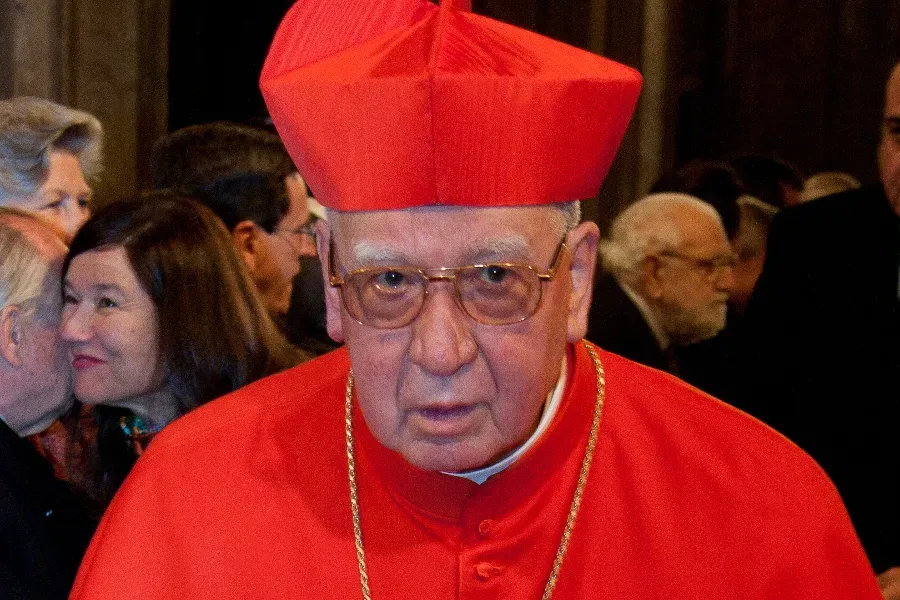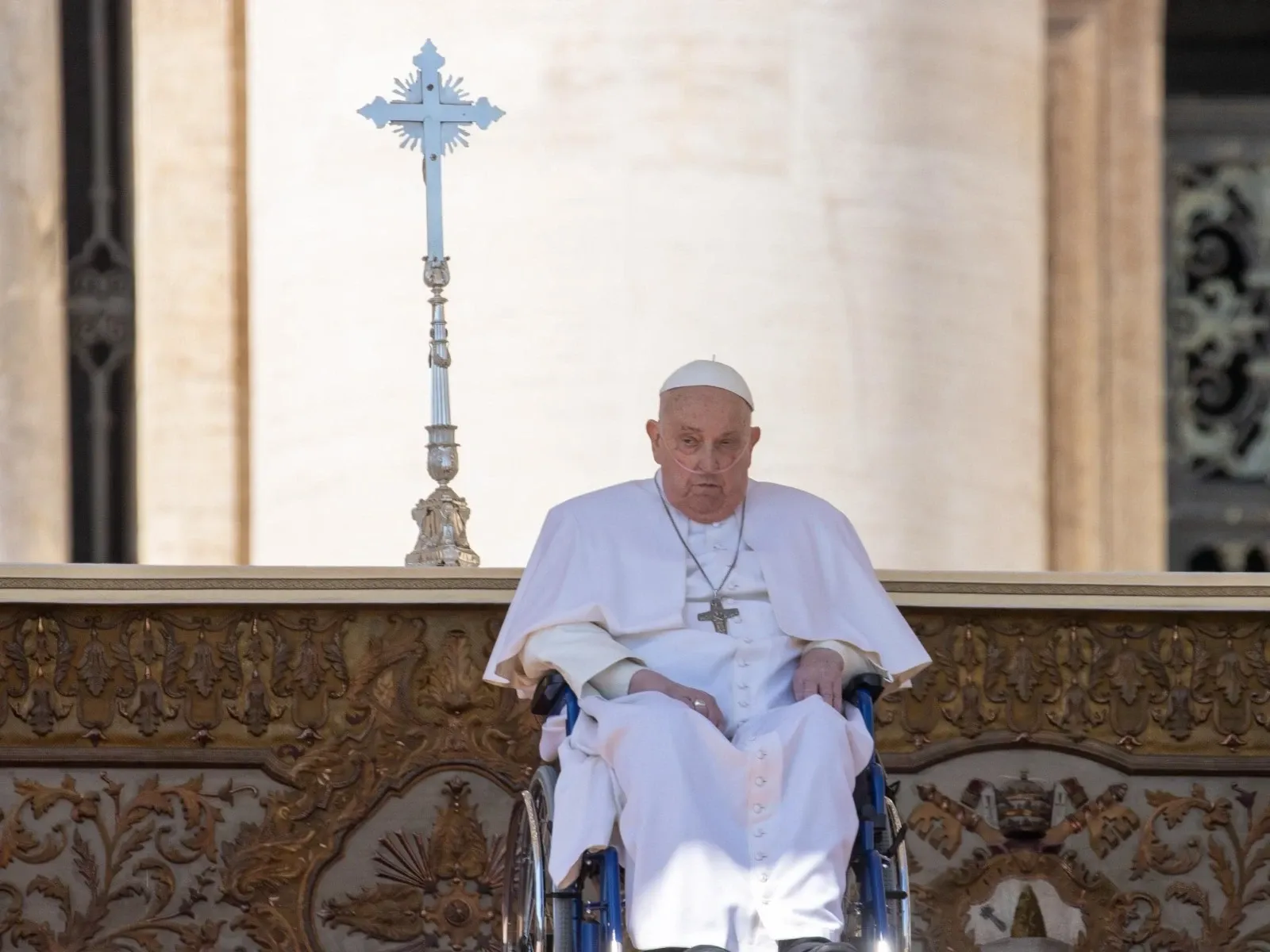He added that he was praying for the eternal repose of the cardinal’s soul.
Born on Dec. 23, 1926, Medina was ordained a priest in 1954, after which he began teaching philosophy in the seminary and theology in the Pontifical Catholic University of Chile. He taught philosophy for 10 years and theology until 1994. From 1974 to 1985, Medina was pro-grand chancellor of the university.
He was also canon penitentiary of the Metropolitan Cathedral of Santiago de Chile for many years and served as a judge in the ecclesiastical court.
Pope John XXIII named him a peritus (“expert”) at the Second Vatican Council. He was also later a member of the International Theological Commission and the drafting commission for the Catechism of the Catholic Church.
He was the preacher at Pope John Paul II’s Lenten retreat in 1993, and in 1996 the pope named him pro-prefect of the Congregation for Divine Worship and the Discipline of the Sacraments. He was prefect of the office from 1998 to 2002.
Medina wrote many books and articles on topics including spirituality and canon law.
In February 1998, John Paul II made him a cardinal. In 2005, Medina participated in the conclave that elected Pope Benedict XVI. As cardinal protodeacon, he announced Benedict’s election and bestowed the papal pallium upon him during his inauguration Mass.
In 2011, Medina was criticized for comments he made about Fernando Karadima, a Chilean priest who was later laicized for sexually abusing minors. Karadima was found guilty of abuse by the Vatican in 2011 and was being tried by civil authorities.
Medina, who had retired in 2002, expressed doubt that Karadima would be sent to prison for sexual abuse, drawing a distinction between children of age eight or nine and a 17-year-old boy, the age of one of Karadima’s victims.
“With all due respect to the laws of my country, a child of eight or nine is very different from a 17-year-old ... A 17-year-old youngster knows what he is doing,” Medina said at the time.








